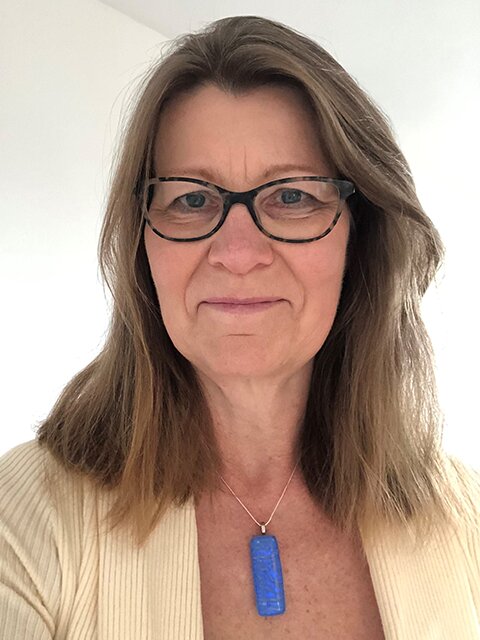
Professor
Lonneke
Vervelde
Prof Lonneke Vervelde gained a BSc and MSc in Biology (Immunology, Parasitology and Ethology) at the Wageningen University The Netherlands, followed by a PhD on the immune responses in chicken to Eimeria tenella performed at the Central Veterinary Institute in Lelystad in collaboration with Intervet. She continued her research on immune responses to avian diseases at the Institute for Animal Health in Compton, U.K.. In 1998 she took a position at the Dept. of Parasitology and Tropical Veterinary Medicine at the Faculty of Veterinary Medicine in Utrecht, The Netherlands, to work on the mucosal immune responses of ruminants to helminth infections and the development of a vaccine against Haemonchus based on secreted proteins. In 2003 she started the Avian Immunology group in the Dept. of Infectious Diseases & Immunology investigating the immune responses to pathogens and vaccines in poultry with the ultimate goal to enhance immune-mediated resistance. In 2013 she moved to the Roslin Institute, Edinburgh University, where she became chair of Veterinary Immunology and Infectious Diseases in 2018. At the RI she developed ex vivo and in vitro tissue models such as PCLS and intestinal organoids. In 2024 she move to Royal GD Animal Health in The Netherlands.
The research is focussed on the immune responses to pathogens and vaccines in poultry and with the aim to determine how the early innate responses modulate the adaptive responses and assess their role in the induction of protective immunity, particularly at musosal surfaces. Most projects are on economically important pathogens such as avian influenza virus, infectious bronchitis virus, Eimeria species, avian pathogenic E. coli and Campylobacter. For the past years, the fundamental immunological research is focussed on understanding antigen uptake at the mucosae, the phenotype antigen presenting cells in the chicken and their interaction with natural killer cells and B and T cells driving innate and adaptive responses. Ultimately, this knowledge will improve the immune responses leading to clearance of pathogens, strong memory responses and novel vaccine approaches through antigen targeting and development of novel adjuvants.
More recently, I expanded into the field of avian in vitro and ex vivo organ cultures, and have made substantial progress in growing 3D and 2D intestinal enteroids and precision cut lung slices. These systems are multifunctional and can be used to investigate the mode of action of feed additives, adjuvants, drug and toxicology screening, host-pathogen interaction, diagnostic tool, genetic screening and many other purposes. These organoid models are utilised in collaborative and commercial projects with a wide variety of industrial partners.
Most research projects are on the interface of fundamental and applied research because we work in a target species, poultry, and not a model animal.
Ongoing projects include developing a broad spectrum vaccine against Infectious Bronchitis Virus; vaccine targeting and uptake to improve immune responses; biomarkers predictive of vaccine protection; determinants of virulence of emerging influenza viruses; development and application of in vitro mucosal tissue models.